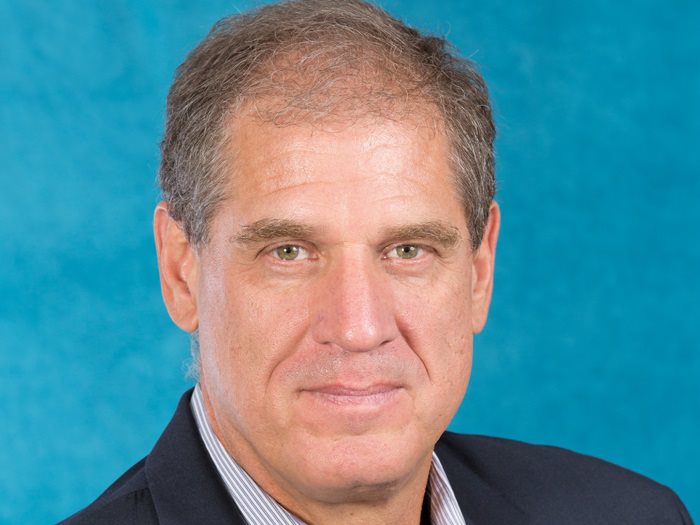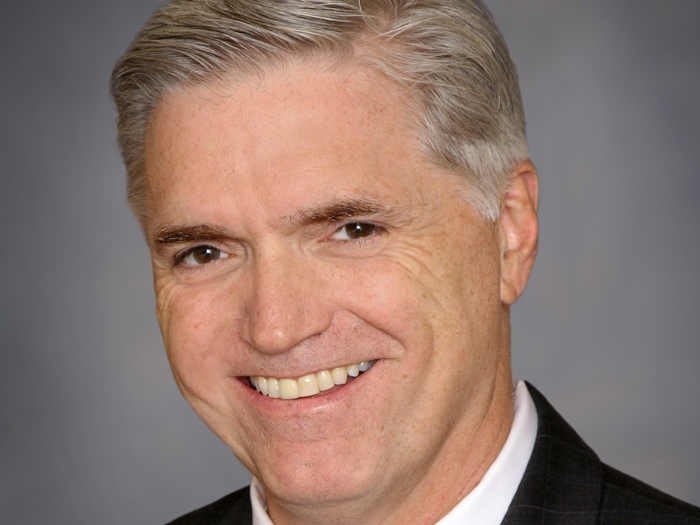Sponsored Content by Zelis
Why Digitizing Payments Can Help P&C Payers Remain Competitive in Today’s Tough Economic Conditions

How much are P&C insurance carriers spending on legacy paper payment systems for claims with a medical liability component? Here’s a hint, it’s a lot more than you think.
The average cost of processing and mailing a paper check can be approximately $6 . Multiply that over hundreds of thousands of claims per year and it adds up quickly. Matthew Lungen, senior vice president at Zelis Healthcare, estimates that there is more than $400 billion in paper transactions across the health care space, including but not limited to P&C claims.
“If you think about what it costs to put a stamp on an envelope to send a letter to a family member, then multiply that by thousands or tens of thousands of claims, it’s quite significant,” Lungen said, “and the price of paper and envelopes has gone up. Postage has gone up. Inflation’s gone up.”
As payers juggle concerns over the potential for a recession in the near future and the current pressures of economic inflation, the cost of legacy payment systems is starting to add up, spurring many to modernize their systems. Digital payment systems can reduce administrative costs and streamline the payment process for payers and providers alike.
Why Digital Payments Give P&C Payers an Advantage

Matthew Lungen, Senior Vice President, Zelis
A mix of economic and practical considerations have caused P&C carriers to make the switch from paper-based to digital payment systems for their medical liability claims over the past few years.
Rising inflation has caused a number of group health, dental, workers’ comp and other P&C payers to consider where they can trim costs. Lines like commercial auto that have struggled with profitability in recent years, might also be looking for ways to reduce claims costs in order to preserve their appetite for the risk over the coming years.
“In today’s economic environment, I think this is becoming much, much more important,” Lungen said. “Now more than ever, I think payers have an obligation to watch these costs closer than ever before. You want to be competitive.”
Digital payment systems can help carriers process both medical and non-medical payments, like vendor fees, auto body shop costs or lawyers fees associated with a claim. Providers tend to favor these new systems because they streamline the process and allow them to receive payments faster.
Historically, P&C insurers have lagged in their adoption of modernizing payment systems, with workers’ compensation and auto liability carriers being particularly slow to transition away from legacy systems, but Lungen believes the market is shifting — especially once payers realize how much money they can save. Zelis’ electronic payments system, for instance, helps clients save 60% more per year compared to paper systems, a Bain & Co. report found.
“We find in P&C there is a lot of paper out there,” Lungen said. “These are legacy payers that have been around for decades and they cut a lot of paper checks, they’re so slow to adopt, slow innovation, but we’re starting to see some trends where some are starting to raise their hand in interest.”
How to Modernize Your Payment System
Payers looking to transform their payment systems will often work with vendors to implement digital systems.
Digital payment providers like Zelis will often take a carrier’s existing data and file systems and normalize them so that they can integrate them into a digital framework. Then, they’ll work with clients to make sure the electronic payment system suits their specific needs.
“We’ve created a marketplace for payers to come and, based on whatever service or payment transaction they’re looking for, we’ve got the capability off the shelf,” Lungen said.
“We have created a menu. They don’t have to purchase everything, but if they’re looking for a one-stop-shop solution, Zelis has created that platform for them to come and have a seamless and digital experience.”
Once the system is implemented, bills from providers who have enrolled in Zelis’ network will automatically flip from paper-based to digital, allowing for a major amount of instant savings.
“We can discuss and showcase significant value to a payer and say, ‘Zelis has many of your providers already enrolled in our platform. They’ve actively engaged with Zelis and want an aggregated experience across all of our payers. If you partnered with us tomorrow, many of the checks would be flipped to electronic immediately,’” Lungen said. “We can eliminate significant cost on day one.”
The company will then work with payers, to transition any other payments from paper-based to digital. In cases where paper bills can’t be avoided, it will manage those services for the payer as well with their in-house system.
“Our goal is to digitize wherever we possibly can but when we can’t streamline the entire process, we then transition what’s left over to our proprietary print operation,” Lungen said.
Strong Customer Service and Secure Electronic Billing Solutions
Though modernizing payment solutions has clear efficiency and cost savings advantages, some payers may be concerned about the security of these solutions, and they may wonder whether they’ll be able to customize a contractor’s solutions to fit their needs.
Zelis is an industry leader in the P&C payments business. The company has worked with a number of large carriers to modernize their payments systems, resulting in major savings for clients. It’s also Health Information Trust Alliance (HITRUST) certified, allowing payers to feel assured that Zelis is equipped to securely manage digital medical payments.
“Our mission is to try to get to 100% electronic adoption for our customers,” Lungen said. “Zelis provides services that can really accomplish a lot of those things by basically streamlining the entire process, applying digitization strategies, and executing an exceptional customer experience as well.”
Lungen says that Zelis prioritizes customer service and values working closely with clients, in order to ensure that their electronic payments solution is suited to the payer’s needs. Zelis boasts an in-house product development team that can help create services built for a client’s particular needs.
“We’re very flexible. We’re very entrepreneurial. We listen to our clients,” Lungen said.
“If there’s a product that a customer’s looking for, we’ve got an amazing in-house product development team that would absolutely come on site and listen to the customer. We’re very, very nimble, we’re very flexible, and we think we’ve got a great platform that the P&C business should consider.”
The company’s customer service is also top-notch, creating a streamlined process, that benefits all parties in a claim: “We have a phenomenal account management team that is constantly engaging with our clients both virtually and in person to ensure that we are meeting the expectations that we outlined originally,” Lungen said.
“We’re talking about the ability to really modernize the transaction, eliminate paper transactions and streamline the process for all stakeholders — the payee, the payer, everybody in between.”
To learn more, visit: https://www.zelis.com/company/
This article was produced by the R&I Brand Studio, a unit of the advertising department of Risk & Insurance, in collaboration with Zelis. The editorial staff of Risk & Insurance had no role in its preparation.










